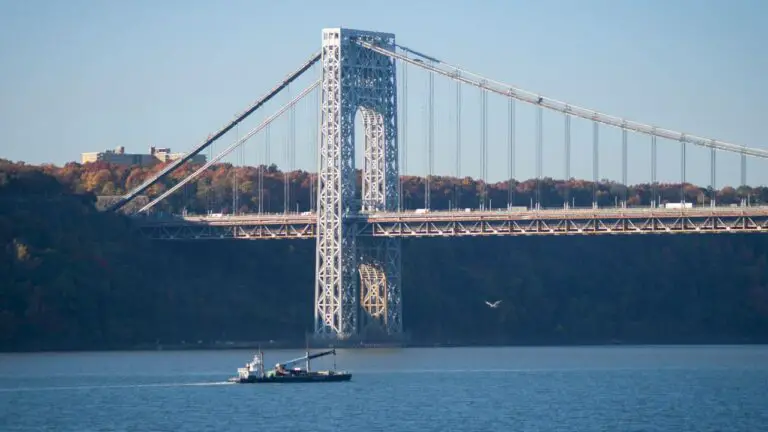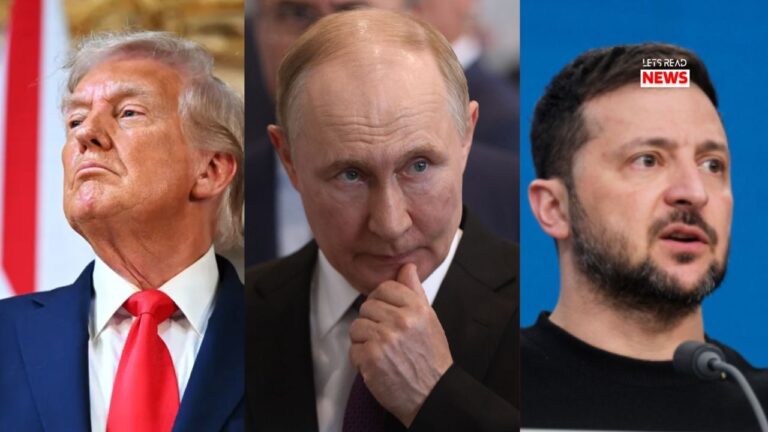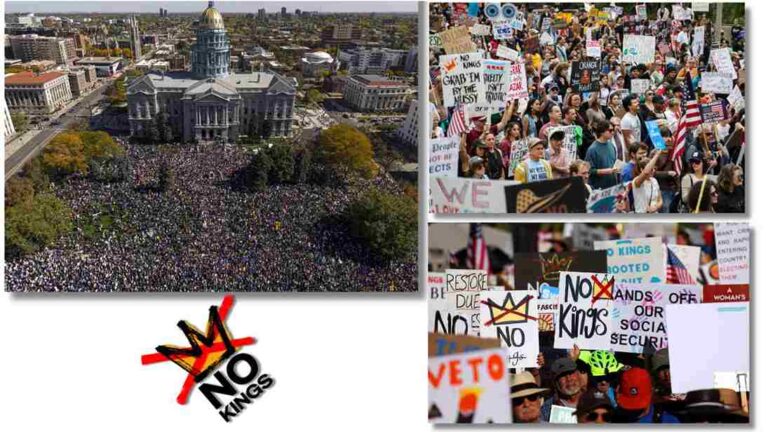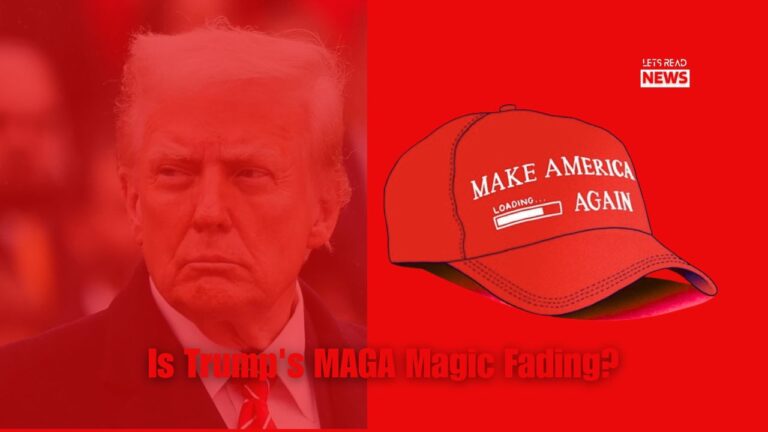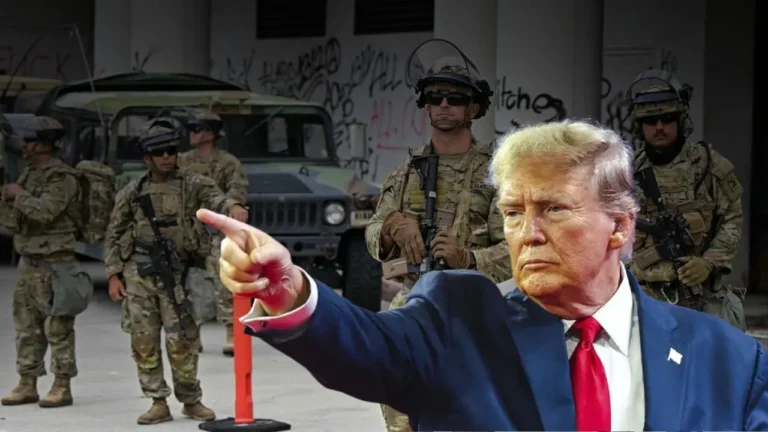Trump’s Frustration with Putin Signals Stalled Ukraine Peace Efforts
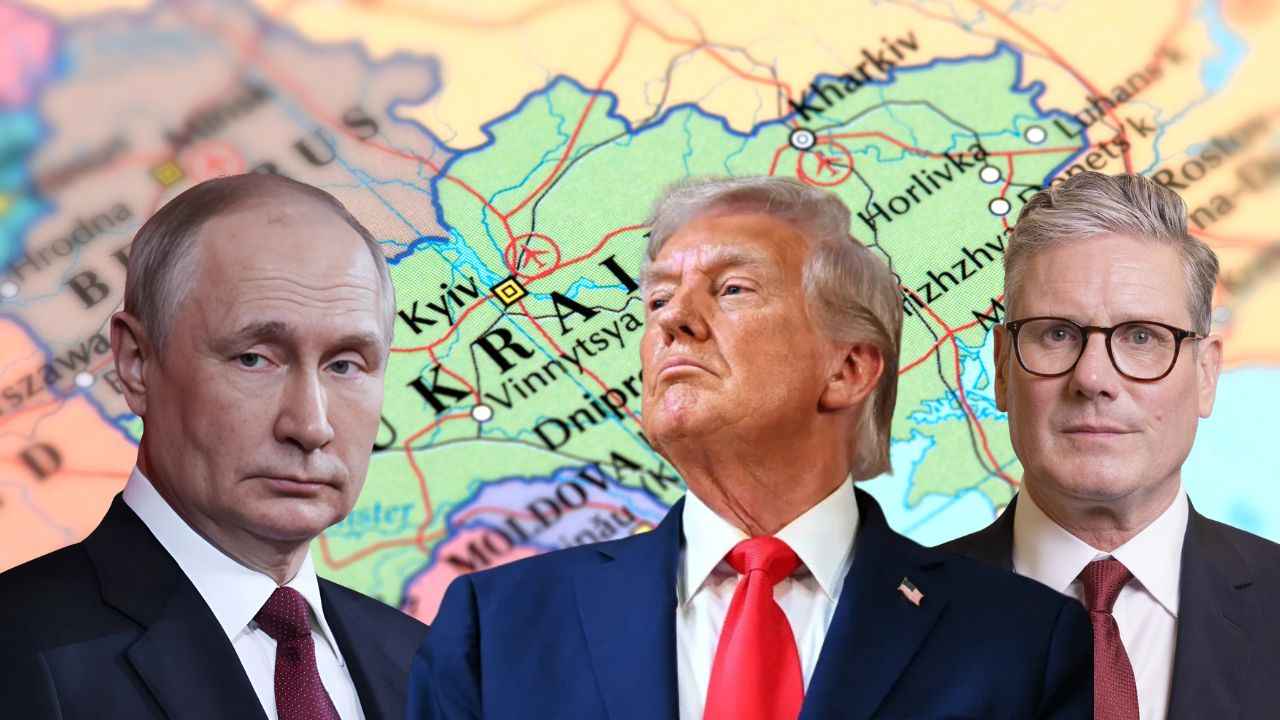
On September 18, 2025, U.S. President Donald Trump voiced his disappointment with Russian President Vladimir Putin during a joint press conference with British Prime Minister Keir Starmer at Chequers, the prime minister’s country residence. The remarks followed a month of unsuccessful attempts to broker peace in the ongoing Russia-Ukraine conflict, casting doubt on Trump’s earlier claims that resolving the war would be straightforward due to his personal relationship with Putin. “The one that I thought would be easiest, because of my relationship with President Putin, [was] Russia and Ukraine… But he’s let me down. He’s really let me down,” Trump stated, signaling a rare public rift between the two leaders.
Alaska Summit: High Hopes, No Results
The press conference came more than a month after Trump hosted Putin at Joint Base Elmendorf-Richardson in Alaska on August 15, 2025—the Russian leader’s first visit to U.S. soil in over a decade. The summit was billed as a critical step toward negotiating a ceasefire in the three-year war that has devastated Ukraine. Trump had promoted the meeting as a precursor to trilateral talks involving Ukrainian President Volodymyr Zelenskyy, but those discussions have yet to materialize. Instead, Russian attacks on Ukraine have intensified, with recent reports of thousands of drones, glide bombs, and missiles targeting Ukrainian cities over the past two weeks.
Trump’s frustration stems from unmet expectations. He reiterated during the Chequers press conference that he believed the Russia-Ukraine conflict would be “the easiest” to resolve, citing his rapport with Putin. However, the lack of progress and Russia’s escalation have left Trump publicly acknowledging Putin’s failure to engage meaningfully in peace efforts. “I mean, frankly, Russian soldiers are being killed at a higher rate than the Ukrainian soldiers. But, yeah, he’s let me down,” Trump added, pointing to the war’s toll.
Starmer Calls for Stronger Action
British Prime Minister Keir Starmer, standing alongside Trump, took a firmer stance against Russia, urging greater international pressure on Moscow. Starmer highlighted recent Russian actions, including drone incursions into NATO airspace and attacks on diplomatic facilities in Kyiv, as evidence of Putin’s unwillingness to pursue peace. “In recent days, Putin has shown his true face mounting the biggest attack since the invasion began, with yet more bloodshed, yet more innocents killed, and unprecedented violations of NATO airspace,” Starmer said. He stressed the need for a united front, noting that European nations, alongside the U.S., must intensify sanctions and other measures to curb Russia’s aggression.
Starmer also pointed to the UK’s efforts to reduce reliance on Russian energy, noting that Britain has nearly eliminated its imports of Russian oil and gas. He called on other European countries to follow suit, aligning with Trump’s strategy of targeting Russia’s economic lifeline.
Economic Leverage as a Path to Peace
Trump emphasized a key tactic in his approach to ending the war: reducing global oil prices to economically pressure Russia. “Very simply, if the price of oil comes down, Putin’s gonna drop out. He’s gonna have no choice,” he said, urging European allies to halt all purchases of Russian oil. This strategy echoes earlier comments Trump made during a virtual meeting with European leaders and Zelenskyy on September 4, where he criticized the EU for continuing to fund Russia’s war machine through oil purchases, citing €1.1 billion in fuel sales to the EU in a single year.
However, analysts note that while countries like Hungary and Slovakia—both with Trump-friendly leaders—continue to import Russian oil under EU exemptions, the broader European bloc has significantly reduced its reliance on Russian energy since the war began in February 2022. Tatiana Mitrova of Columbia’s Center on Global Energy Policy remarked, “There is some grounds [for Trump’s comments] because Europe is still receiving Russian hydrocarbons… But the fact that the call is coming from Trump—who two weeks ago was hugging Putin in Anchorage—is also really strange.”
A Broader Context: Tech Deals and Global Alliances
The Chequers meeting wasn’t solely focused on Ukraine. Trump and Starmer also signed a landmark £150 billion ($200 billion) technology prosperity deal, with major U.S. tech firms like Microsoft, Nvidia, and Google committing to investments in the UK’s artificial intelligence and nuclear power sectors. The agreement underscores the strengthening of U.S.-UK ties, with Starmer positioning himself as a bridge between Trump and European allies to maintain support for Ukraine.
Trump’s remarks also touched on other conflicts, claiming that the U.S. has “solved seven wars” during his tenure, though he did not specify which ones. He expressed confidence in resolving both the Russia-Ukraine conflict and the war in Gaza, stating, “We will get Israel-Gaza done, likewise, Russia and Ukraine will also be done, but you never know in war.”
Challenges Ahead
The failure of the Alaska summit and the escalation of Russian attacks have dimmed hopes for a near-term resolution to the Ukraine conflict. Ukrainian President Volodymyr Zelenskyy reported that Moscow launched thousands of drones and missiles in recent weeks, while Ukraine has retaliated with long-range drone strikes on Russian energy infrastructure. Trump’s insistence that the war would not have occurred under his leadership—pointing to Putin’s alleged lack of respect for former President Joe Biden—has been a recurring theme, though it remains speculative.
As Starmer and Trump push for economic measures to pressure Russia, the path to peace remains uncertain. With NATO allies increasingly vocal about Russian aggression and Trump’s own deadlines for Putin passing without consequence, the question remains: can diplomatic and economic strategies force a breakthrough, or will the war continue to defy resolution?
Read more:

